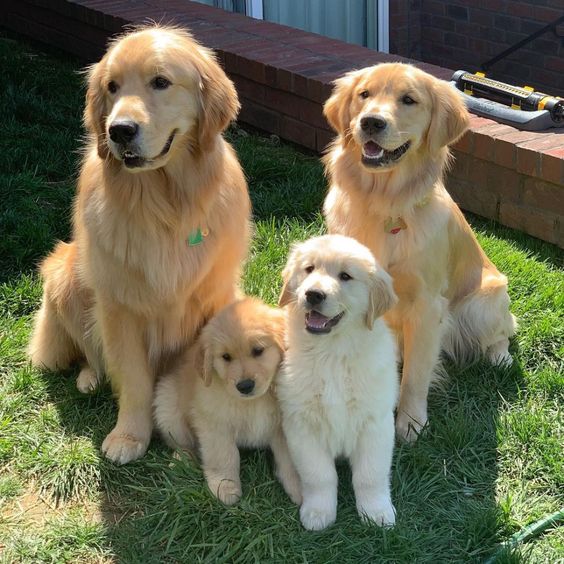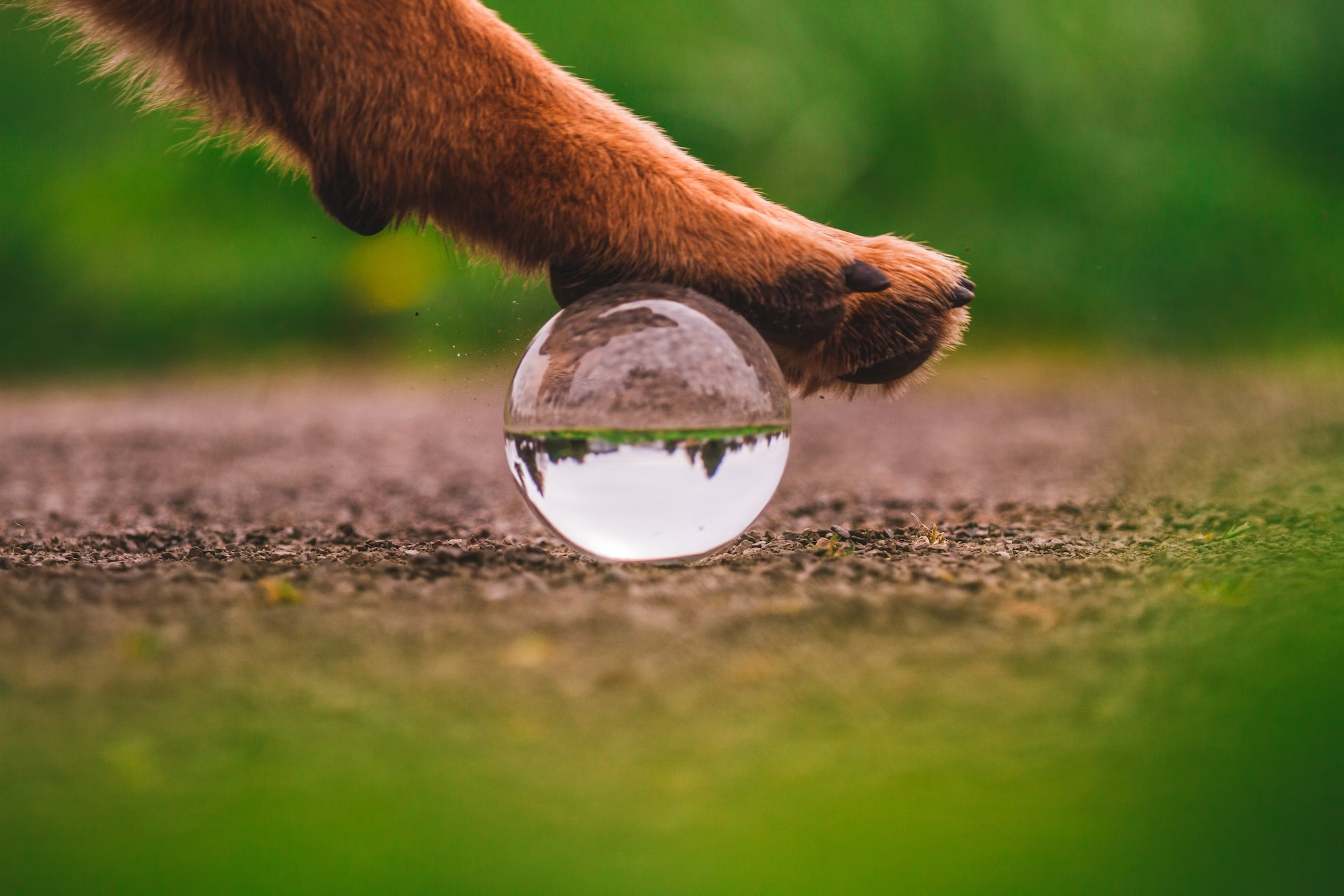It’s normal for dog urine to have a slight ammonia scent. But when your pup’s pee starts smelling very pungent like household cleaner, it often signals an underlying health issue needing attention.
Ammonia odor happens when excess waste in the body isn’t getting properly filtered and released. Certain medical conditions can allow abnormal toxin build up until kidneys and liver struggle handling the sheer overload, forcing out highly concentrated, ammonia-rich urine as the last resort.
So don’t ignore drastically stinky pee assuming it’s just old age or drinking habits changing the scent. Strong ammonia fragrance conveys important information about your dog’s health to discuss promptly with your veterinarian.
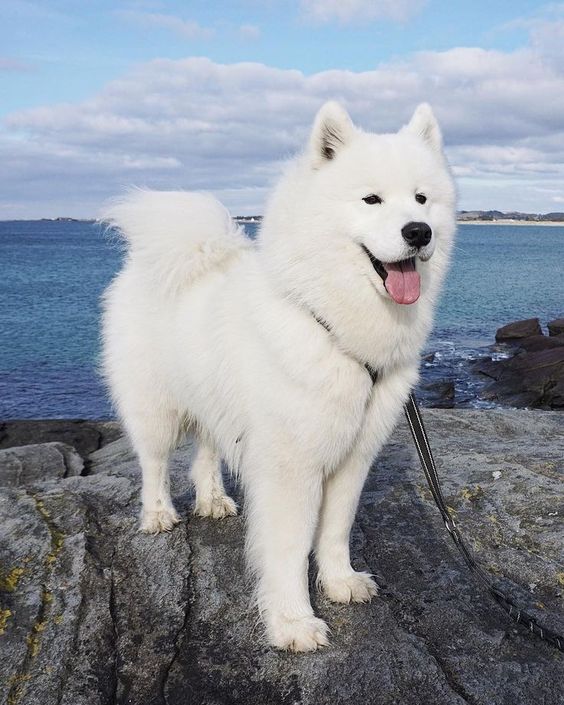
Common Causes of Ammonia Scent in Dog Urine
What makes some pups pee more ammonia-ish than others? Several key factors could be influencing your dog’s potty aroma:
Dehydration
- Dogs not drinking enough water have higher urine concentration and salt content. Ensuring ample fresh water access usually reduces odor.
Diet
- High protein kibbles yield more amino acid by-products smelling like ammonia when expelled compared to grain-free options.
Urinary Tract Infection
- Bacteria infecting UTIs can create ammonia when proliferating in the urinary tract. Antibiotics clear infection and reduce odor.
Kidney Disease
- Impaired kidneys allow urea/toxins to build up internally. Overwhelmed organs pass excess ammonia out through urine as the scent becomes noticeably stronger smelling.
Diabetes
- Uncontrolled diabetes causes glucose to bind with proteins making less filterable ammonia compounds leading to sweet/strong smelling pee leaks.
Liver Disease
- Compromised livers struggle converting ammonia to safer urea systematic accumulation happens until kidneys dump extra out through urine.
If your dog’s ammonia odor seems especially pronounced, discuss further diagnostics. Treating an underlying condition improves quality of life while resolving smelly symptoms.

Risks of Pungent Ammonia-Scented Dog Urine
Ammonia itself likely won’t cause direct harm to healthy dogs. In fact, the potent scent helps quickly alert pet owners to issues needing a veterinarian’s input.
However, ignoring the ammonia scent long term allows progression of preventable illness and misery. Seeking treatment earlier during onset of symptoms leads to better recovery odds and prognosis from conditions like:
- Urinary obstruction
- Urethral damage
- Systemic infection
- Kidney failure
- Liver failure
- Protein losing disorders
Make sure any diet/dehydration influences get addressed as part of basic maintenance. But sudden strong ammonia smell warrants fully investigating other disease potentials with testing to avoid declines in comfort and quality of life when manageable.
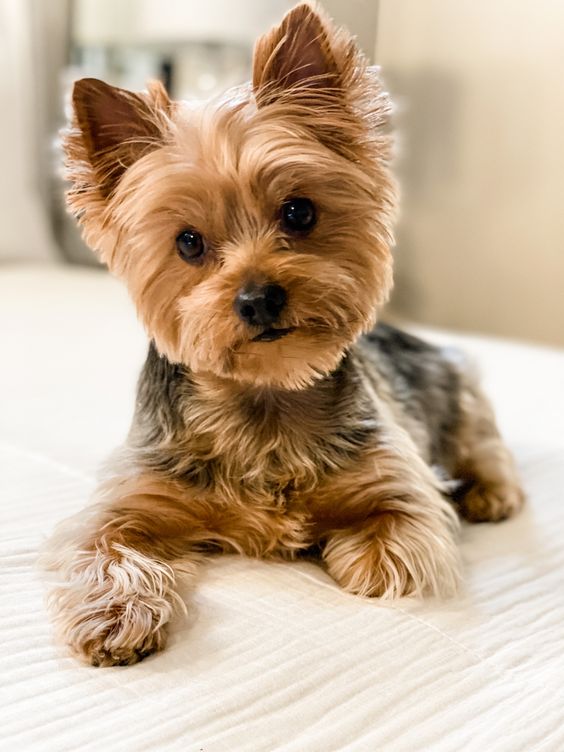
Getting Help for Pungent Ammonia Scented Dog Urine
If your pup’s pee puts Windex to shame, don’t delay seeking explanations! Follow these important next steps:
Step 1: Collect Urine Sample
Catch a fresh urine stream in a sterile container provided by your vet during the smelly episode. Refrigerate and deliver promptly for urinalysis assessing concentration, compounds and microscopic cell counts that could explain the ammonia.
Step 2: Note Any Other Symptoms
Monitor all food/water intake along with appetite levels plus any concerning behavioral changes happening alongside the odor change. Increased urination frequency? Report all clues no matter how small that provide insight.
Step 3: Request Diagnostic Testing
Ask your vet to check bloodwork studying kidney function, glucose regulation, liver enzymes, proteins and electrolyte balances searching for out-of-norm levels suggesting dysfunction that could cause excess ammonia conditions.
Step 4: Provide Nutrition/Hydration Support
Eliminate diet triggers if needed while ensuring small meals spread throughout the day support the best digestion abilities during illness. Make fresh water constantly available countering concentration risks.
Step 5: Follow Treatment Plans
If infection, metabolic conditions, organs disease or obstruction gets diagnosed as the root cause, follow all veterinary recommendations closely whether medications, surgery or prescribed nutrition. Preventing ammonia build up curtails the smell.
Step 6: Monitor Treatment Response
As medications, diet changes and hydration improvements reach full effect weeks later, confirm if the troubling ammonia scent starts fading as illness management takes hold. Communicate ongoing status to your vet.
Through attentive nosework and responsive owner partnerships with veterinarians, dogs can bounce back minimizing the duration and intensity of distressing ammonia pee problems. Their long-term wellness improves when conscientious monitoring and prompt interventions become the new normal.
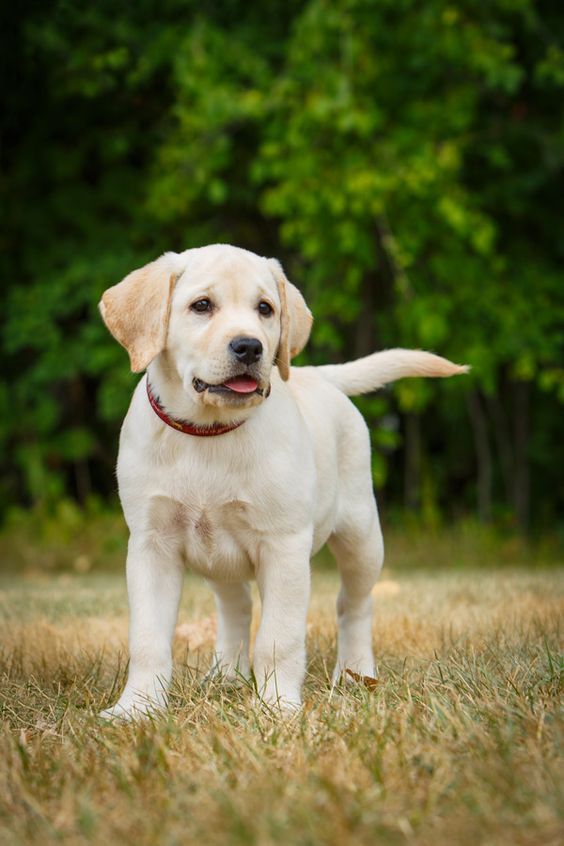
Preventing Smelly Ammonia Urine
You can’t completely control some internal disease causes of overly stinky dog pee. But implementing these healthy habits reduces risks:
- Provide fresh, clean water bowls refilled constantly
- Pick lower protein dog food brands
- Stick to consistent diets their systems tolerate
- Ensure adequate outdoor potty breaks
- Schedule annual wellness checkups
- Learn your unique dog’s normal vs abnormal
- Act quickly investigating sudden odor changes
Staying in tune with your pup’s potty aromas offers valuable clues into their wellbeing week by week. When stink levels spike drastically without diet/hydration/behavioral triggers present, trust your nose sounding the alarm something needs veterinary attention.

The Bottom Line
It’s not just your imagination if your dog’s pee noticeably starts reeking of ammonia instead of having merely subtle scent. Significant ammonia odor frequently develops secondary to serious medical conditions needing specific diagnosis and treatment to resolve both smelly symptoms and the root dysfunction triggering unbalanced build up.
Don’t assume age or random temporary causes explain lasting weeks of eye-watering urine odor.NOD discusses next steps getting to the bottom of what’s allowing ammonia accumulation so appropriate interventions can improve your pup’s comfort long-term. Stay sniffy, observant and responsive guiding them to vital veterinary care when their potty smells become impossible to ignore.
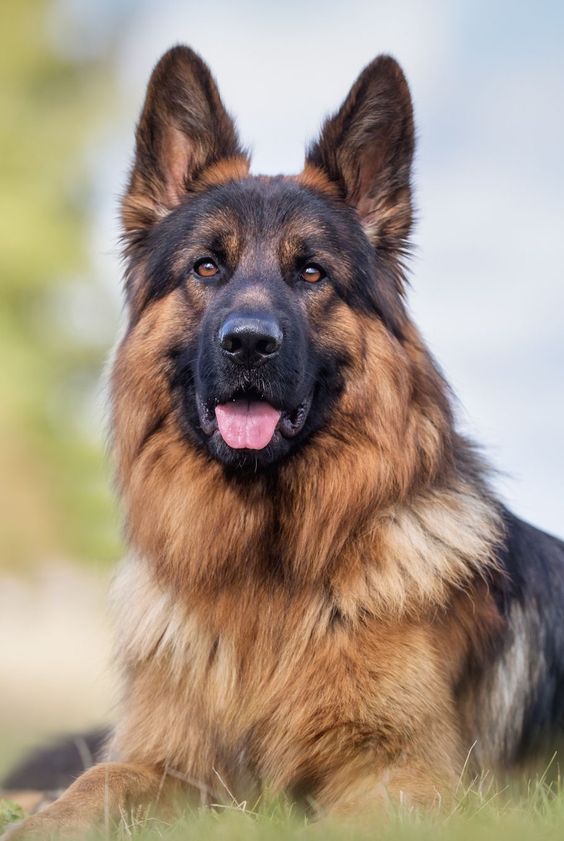
Frequently Asked Questions
Q: How long can I wait to contact my vet aboutvery strong smellingdog urine?
A: At most 48 hours, but ideally contact them the same day you notice any drastic ammonia scent change in your dog’s urine to get diagnostics/treatment fastest for any underlying condition present. Don’t wait weeks risking progression.
Q: Are there any at-home remedies to reduce the ammonia smell in my dog’s urine?
A: No. Strong ammonia odors reflect excess urea byproducts in pee, signaling possible health issues needing medical attention. Address the root cause rather than masking temporary scent. Keep them hydrated, but see your vet promptly.
Q: My puppy’s urine smells like ammonia. Should I worry about parasites?
A: Yes, have your vet run a fecal exam checking for parasites like giardia which can cause excess ammonia scent even in puppies while their immune system fights infection. Prompt treatment prevents wider spread through play.
Q:What cleaning products work best eliminatingsmelly dog urine containing ammonia at home?
A: Avoid harsh chemical cleaners! Enzyme based pet odor removers work best to fully destroy ammonia compounds and residual scent. Vinegar and water solutions also help deodorize.
Q: My senior dog’s urine suddenly smells like ammonia. What should I do?
A: Sudden ammonia scent changes in elderly dogs warrant immediate senior wellness vet exams and age appropriate testing. Increased urine concentration causing smells could reflect evolving kidney/liver disease, diabetes, infection etc needing diagnosis and management.
